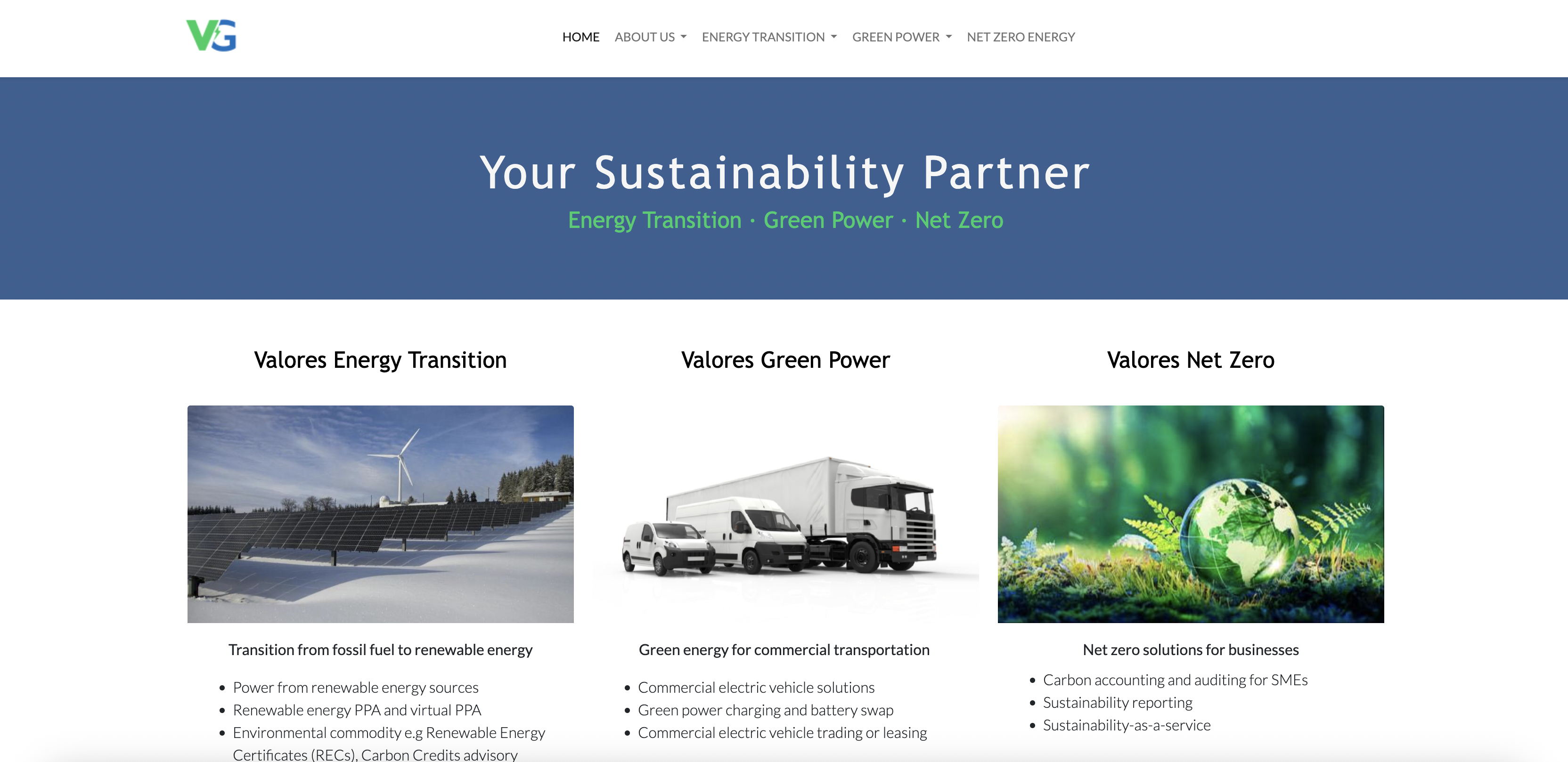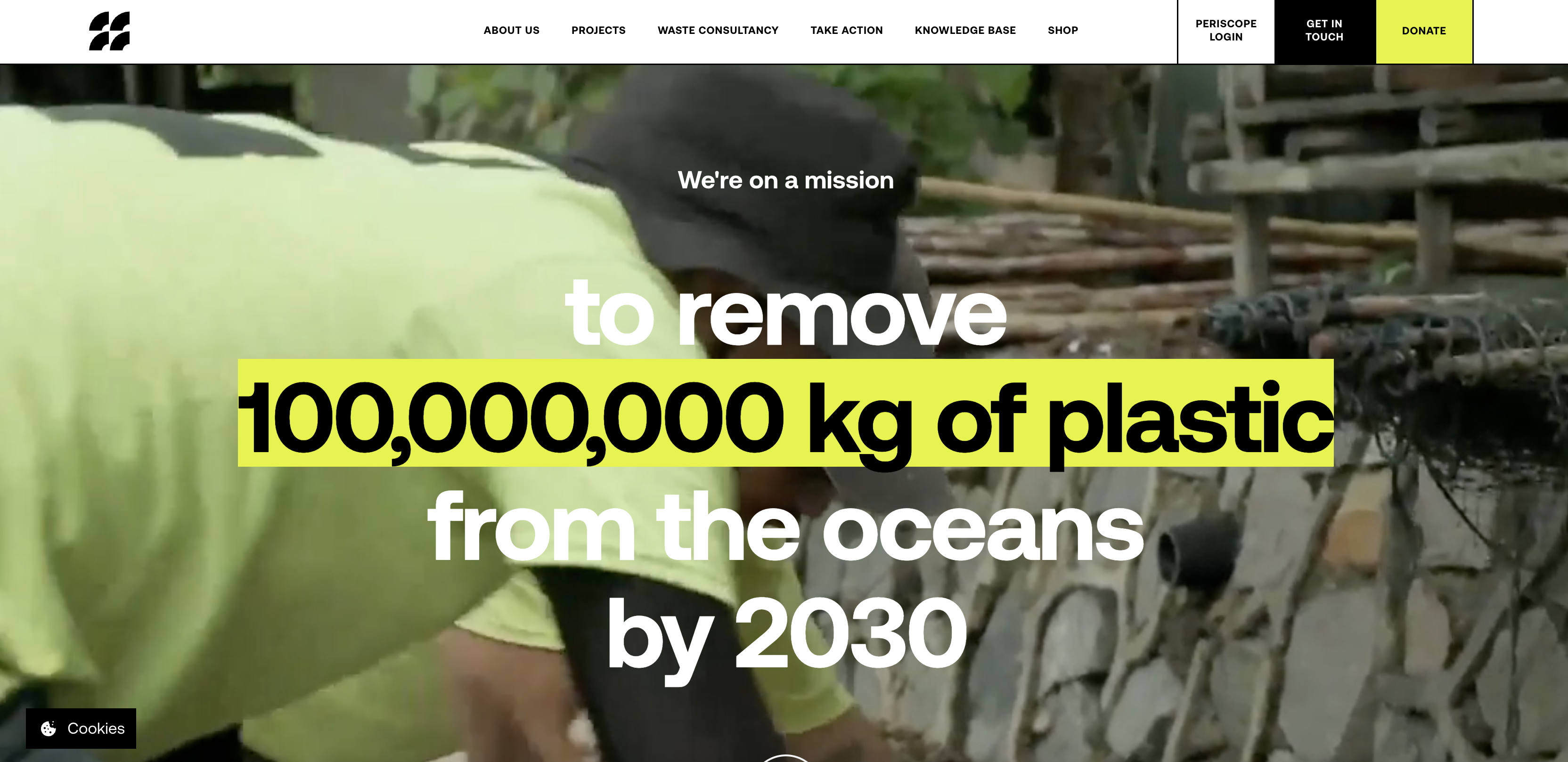For couples preparing to welcome a new addition to the family in Singapore, the emotional joy of parenthood is often accompanied by a long list of financial considerations. While baby talk usually revolves around nursery themes and names, the reality is that understanding what support is available can make a significant difference to your family’s financial comfort. The government has introduced a range of initiatives to help new parents, and knowing about them early can help you plan more strategically.
One of the first surprises for parents of Singaporean babies born in 2025 is the SG60 Baby Gift. This carefully curated set is designed to welcome your child into the world while giving you a head start on some newborn essentials. Parents can register online to receive it, and while it may not replace your entire shopping list, it offers a practical beginning to your parenting journey.
Beyond gifts, the Child Development Account is a cornerstone of the Baby Bonus Scheme and serves as a dedicated savings account for your child’s education and healthcare. All eligible children receive a First Step Grant of S$5,000 credited directly into their CDA. Families with three or more children can enjoy an additional money through the Large Families Scheme. The appeal of the CDA lies in the Government’s generous dollar-for-dollar matching program. For example, if you deposit S$4,000 into the account, the Government will match it exactly, effectively doubling your savings. Matching is capped at S$4,000 for the first child, S$7,000 for the second, S$9,000 for the third and fourth, and S$15,000 for the fifth child or more, making it a highly rewarding way to build a long-term fund for your little one.
The Baby Bonus Scheme itself has also been enhanced, putting more money directly into the hands of parents. For babies born after February 14, 2023, parents can receive up to S$11,000 in cash for their first and second child, and S$13,000 for the third and beyond. These payouts are staggered to help with expenses during the early years, with up to S$9,000 released over the first eighteen months, followed by S$400 every six months until the child is six and a half years old. This steady flow of financial support can ease the initial shock of childcare, medical, and daily living expenses.
Healthcare is another area where the government has stepped in to help new parents manage costs. The MediSave Grant for Newborns automatically credits S$5,000 into a MediSave account created for your child at birth registration. This money can be used to pay MediShield Life premiums, recommended vaccinations, hospitalization bills, and certain outpatient treatments. For many parents, this grant is a valuable safety net to ensure that medical needs do not become an overwhelming financial burden.

Image Credits: unsplash.com
Let us talk about the support given to working fathers and mothers. Time spent with your newborn is just as important as financial preparation, and working fathers in Singapore have reason to celebrate recent changes. For children born on or after April 1, 2025, fathers will be entitled to four full weeks of Government-paid paternity leave. Beyond this, shared parental leave will increase to six weeks from April 2025 and ten weeks from April 2026, giving families more flexibility in dividing caregiving responsibilities during those critical early months.
For working mothers, there is another form of support that often goes unnoticed called the Working Mothers’ Child Relief, or WMCR. Starting from the Year of Assessment 2025, this relief will be offered as a fixed dollar amount rather than a percentage of the mother’s income. The relief amounts are substantial: S$8,000 for the first child, S$10,000 for the second, and S$12,000 for the third and subsequent children. This is a valuable tax-saving tool for families balancing career and caregiving.
While these schemes and grants are designed to lighten the financial load, it is also crucial to look beyond government support and think about your own long-term stability. Parenthood naturally shifts your focus toward your child, but maintaining your retirement contributions is essential, especially if your employer offers matching contributions. Sacrificing this in pursuit of short-term goals like buying a larger home could lead to a less secure financial future.
Finally, every household with children should have a strong emergency fund. Experts recommend setting aside three to six months of take-home pay to handle unexpected expenses without disrupting your financial plans. If that goal feels daunting, start small with S$1,000, then work towards one month of expenses and gradually build from there. This cushion will offer peace of mind, allowing you to navigate life’s uncertainties without compromising your child’s well-being.

Image Credits: unsplash.com
Becoming a parent is a deeply rewarding chapter of life, and with the right mix of government support and personal financial planning, it can also be a secure one. By taking advantage of the schemes available and making prudent choices for your own future, you can give your child not only a strong start in life but also a household built on lasting stability.
Source: 1

















